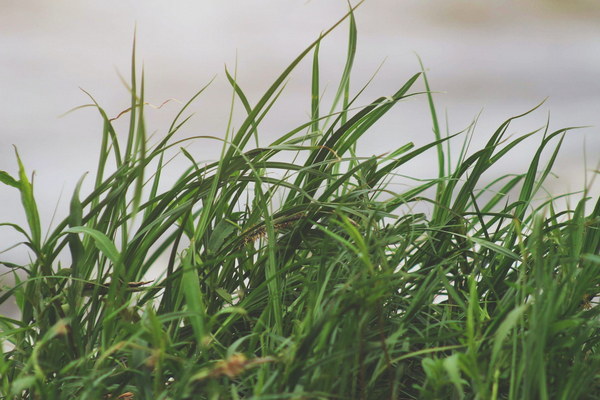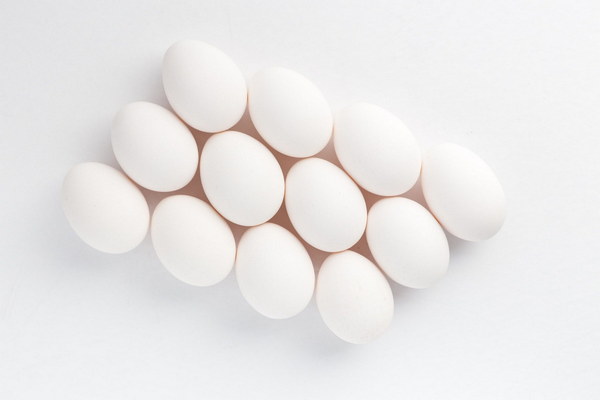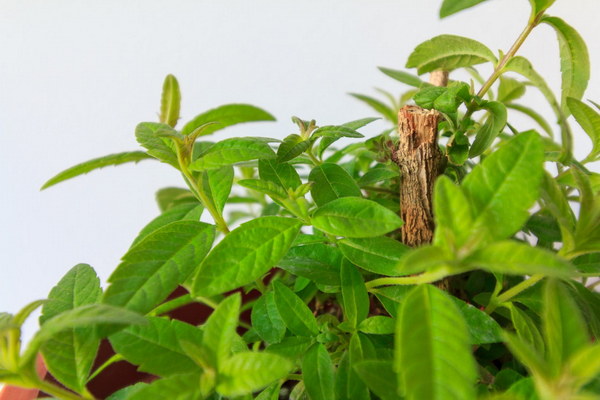Banish Belly Bloat The Traditional Chinese Herb Formula for Dampness Relief
Banish Belly Bloat: The Traditional Chinese Herb Formula for Dampness Relief
In the realm of traditional Chinese medicine, the concept of dampness is often associated with various health issues, including belly bloating. Dampness is believed to be an accumulation of fluid and waste in the body, which can lead to a range of symptoms, including a bloated abdomen. To combat this, ancient healers have developed herbal formulas specifically designed to expel dampness and promote digestion. One such formula, known as the Dampness-Relieving and Digestive Aid Tea, has gained popularity for its effectiveness in reducing belly bloat.
Understanding Dampness and Belly Bloat
Dampness in Chinese medicine is a concept that refers to a condition where the body's fluids are not moving properly, leading to congestion and swelling. This can be due to a variety of factors, including poor diet, lack of exercise, and external environmental factors. When dampness accumulates in the abdominal area, it can lead to a bloated and uncomfortable feeling, often accompanied by other symptoms such as fatigue, weight gain, and digestive issues.
The Dampness-Relieving and Digestive Aid Tea Formula
The Dampness-Relieving and Digestive Aid Tea is a blend of several traditional Chinese herbs known for their ability to expel dampness and support digestion. Here are some of the key ingredients:
1. Poria (Fuling): This mushroom-like herb is a staple in many Chinese herbal formulas. It is believed to drain dampness and support kidney function, helping to eliminate excess fluid from the body.
2. Cassia Seed (Shan Zao): Also known as Chinese date seeds, these are often used to strengthen the spleen and stomach, improving digestion and reducing dampness.
3. Coptis Root (Huang Lian): This herb is known for its anti-inflammatory and antimicrobial properties. It helps to clear heat and dampness, aiding in digestion and reducing bloating.
4. Cinnamon Bark (Rou Gui): Cinnamon is a warming herb that helps to dispel cold and dampness. It can also stimulate circulation, which may aid in reducing bloating.
5. Ganoderma (Ling Zhi): This medicinal mushroom is considered a supplemental herb, believed to enhance the body's immune system and support overall health.
How to Prepare and Use the Tea
To prepare the Dampness-Relieving and Digestive Aid Tea, follow these steps:
1. Gather Ingredients: Purchase the dried herbs from a reputable Chinese herb store or online retailer.
2. Prepare the Herbs: Rinse the herbs under cool water to remove any impurities.
3. Boil Water: Bring 2 cups of water to a boil.
4. Infuse the Herbs: Add the herbs to the boiling water and let them simmer for about 15-20 minutes.
5. Strain and Serve: Once the herbs have infused, strain the tea into a cup and let it cool slightly before drinking.
6. Frequency: It is recommended to drink this tea twice a day, before meals to aid digestion and promote the expulsion of dampness.
Benefits and Precautions
Regular consumption of the Dampness-Relieving and Digestive Aid Tea may offer several benefits, including:

- Reduction in belly bloating
- Improved digestion
- Increased energy levels
- Enhanced overall well-being
However, it is important to note that while this herbal formula can be beneficial, it is not a substitute for medical advice. If you have any health concerns, it is best to consult with a healthcare professional before starting any new treatment regimen.
In conclusion, the Dampness-Relieving and Digestive Aid Tea is a traditional Chinese herbal formula that may help alleviate belly bloat and improve digestion. By understanding the principles of Chinese medicine and the properties of the herbs involved, you can incorporate this natural remedy into your wellness routine for a healthier, flatter stomach.









